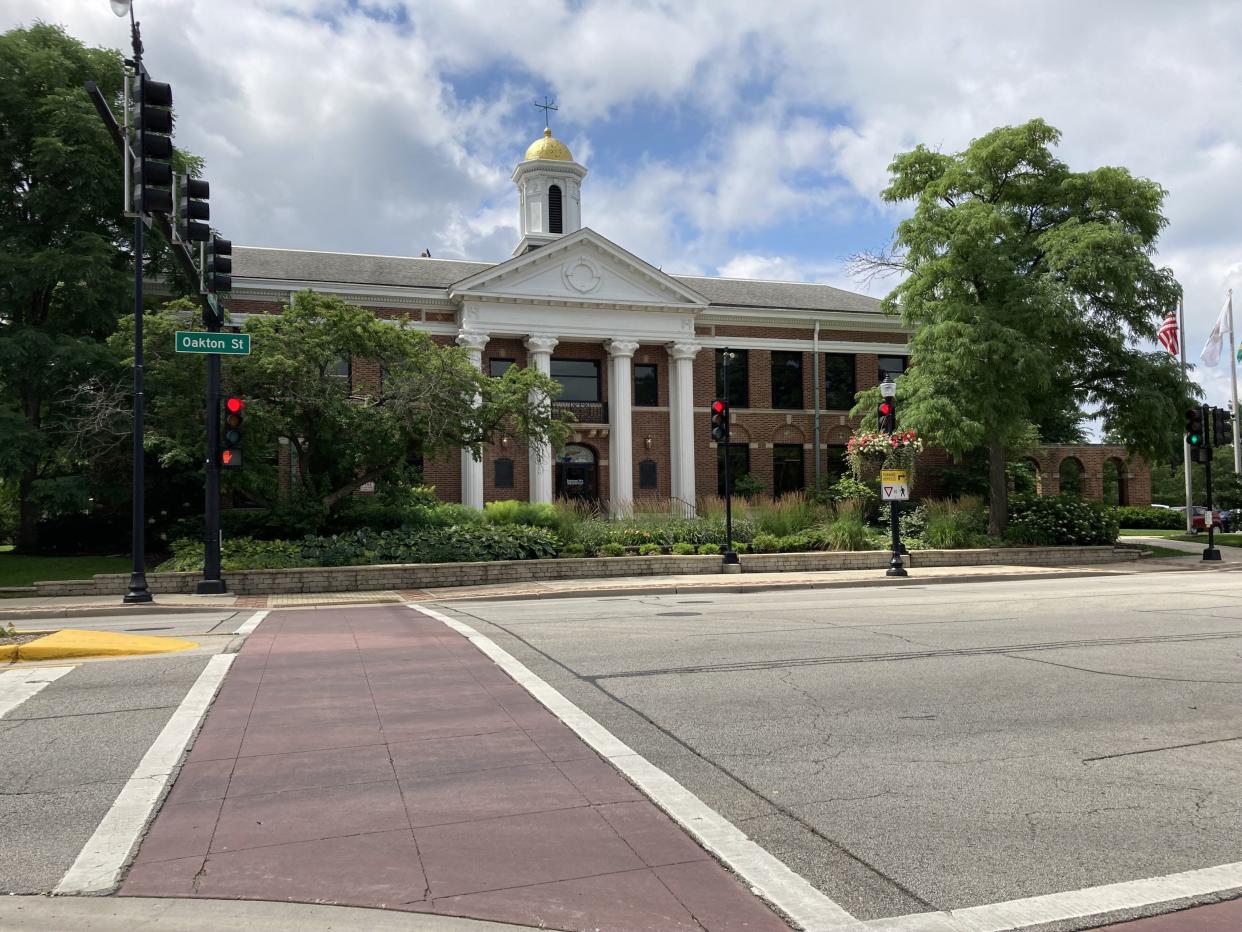Skokie Village Board OKs release of some, but not all, tapes

Skokie village trustees voted July 3 to release some but not all the audio of a pair of private meetings of the Village Board which the Illinois Attorney General recently determined should be made public.
The Attorney General’s Public Access Counselor, which enforces rules around citizen access to government meetings and records, ruled in April that the board had inappropriately discussed some topics outside of the public view and recommended that the board release recordings of the relevant discussions.
Mayor George Van Dusen said the village had consulted with outside attorney James Ferolo on the matter, and Ferolo had recommended the trustees release what amounted to about 45% of a January 17 closed meeting as well as some of a closed session from Jan. 3.
Trustee James Johnson opposed that recommendation, saying the village should release everything that the Attorney General recommended releasing. He also objected to the amount of information available in the meeting’s agenda packet and said the board should have taken action on the matter sooner.
A Chicago resident in late June sued the village board for not releasing the tapes within the 60 days of the Attorney General’s opinion.
Johnson then called on the board to “”resolve some of the overt misconduct in our legal department,” alleging that multiple elected officials sought to hide bad behavior by the corporation counsel.
Trustee Khem Khoeun disputed Johnson’s statements.
“I do take offense that you are alleging that there’s a clear cover-up or misconduct on our part as trustees,” she said.
Johnson is the only member of the village board not affiliated with the Skokie Caucus Party, which has controlled village politics for decades. He has filed three ethics complaints with the Skokie Ethics Commission regarding two members of the village’s corporation counsel office, Michael Lorge and Jim McCarthy.
According to the Public Access Counselor’s ruling, the appointment process of the corporation counsel was the topic at hand in the closed sessions under review. The Illinois Open Meetings Act allows officials to discuss job performance or compensation for a specific employee in private, but not more general topics like an appointment process.
The Ethics Commission held a hearing on one of the complaints before dismissing it. They declined to consider the other two complaints.
Ferolo, the attorney who advised the village board on releasing the closed session recordings, also serves as the attorney for the three-member Ethics Commission.
At the July 3 meeting, several public commenters objected to the manner in which the board approached releasing the audio.
Resident Emi Yamauchi said the village “(seems) to be continuing a problem that’s of our own making. The simplest, cheapest way is to just follow that determination and we all walk away whole,” she said.
Resident Noelle Sullivan said she was worried that the conflict among board members, and between board members and the corporation counsel, had financial consequences for taxpayers.
“How many other times has it been necessary to hire outside counsel not because the village doesn’t have expertise in a particular area but because village counsel has a conflict of interest?,” she said.
The board voted six to one to release the tapes as recommended by Ferolo. Johnson abstained.
The Attorney General’s office said in May it would investigate another potential public access violation from a Feb. 21 meeting.

